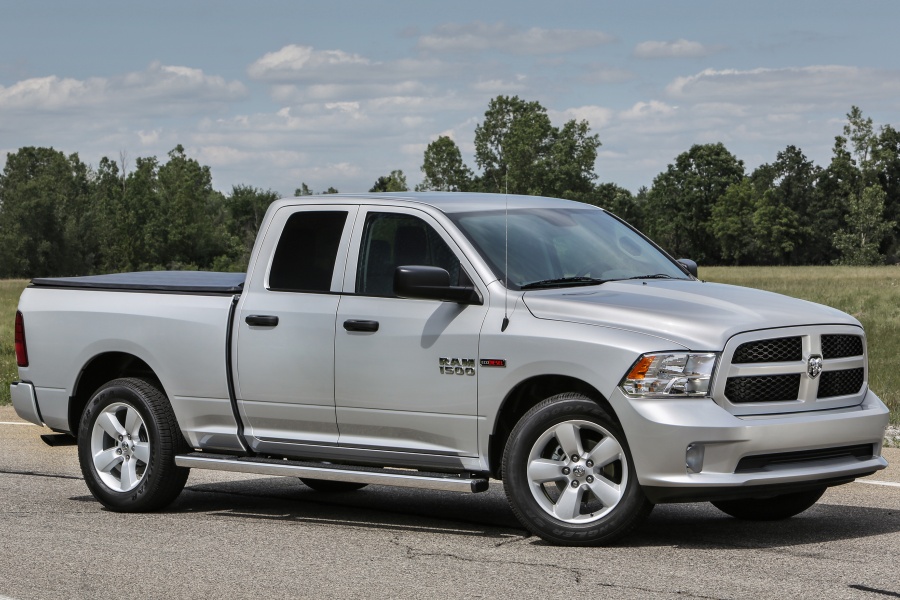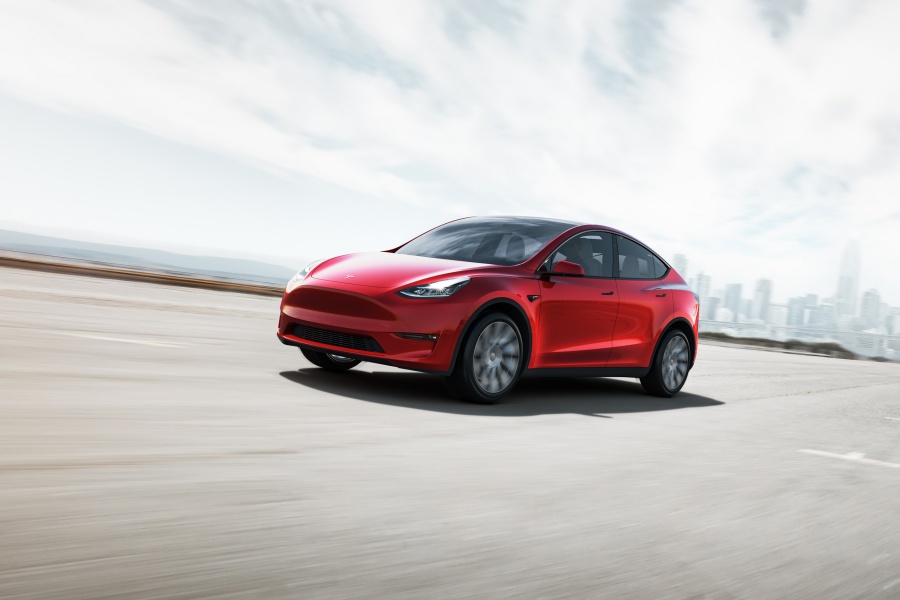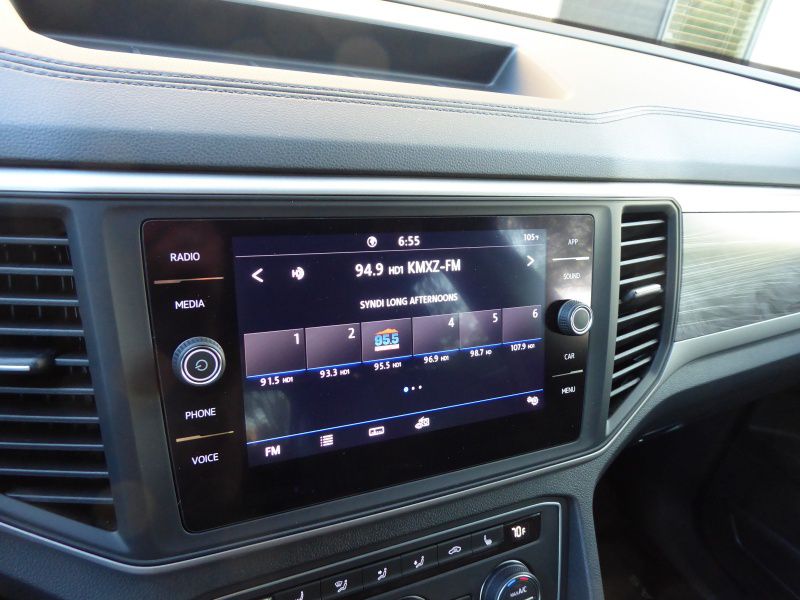Why EVs Could Cost Less in the Long Run
As I sit down to write this, the price of a gallon of gasoline just hit an all-time high. The average price of a gallon of regular gas is now $4.374, eclipsing the previous record that was set in mid-March. Following that high-water mark at the end of this year's first quarter gasoline prices fell slightly but remained at more than $4.00 per gallon, a figure that has prompted many consumers to look for alternatives to their current set of wheels. The latest price peak has increased the frenzy to discover a way out for American families who find their budgets squeezed not only by record-high gasoline prices but also by the inflated prices of food, housing, and other necessities. When you pay more than $100 for a full tank of gas, it gets you thinking about a better way of traveling. Certainly, electric vehicles offer an interesting alternative to investigate... right? Could EVs cost less than conventional gasoline cars in the long run? The answer is a conditional "yes," and in this article, we will spell out how that scenario could happen.
Fuel Savings
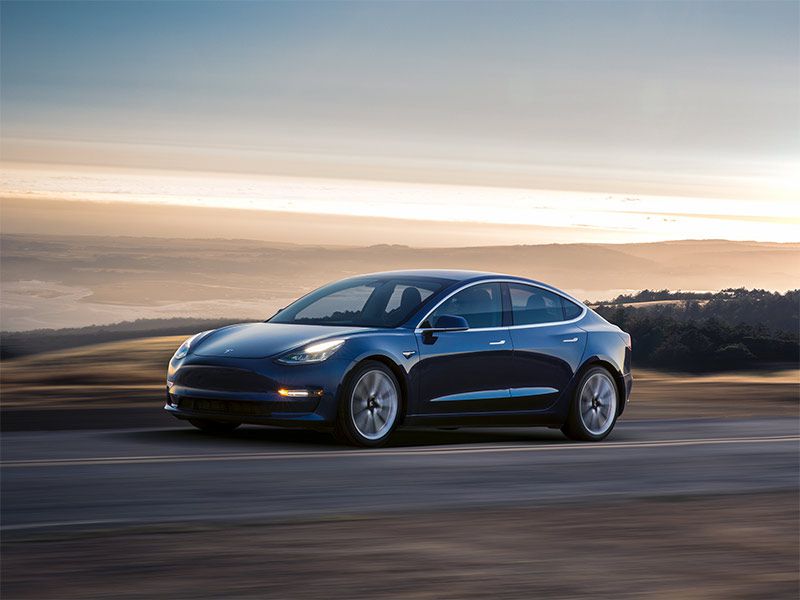
While comparisons between the cost of ownership of EVs versus conventional gasoline cars typically cause more arguments than they solve, one aspect of the entire cost-to-own issue prompts general agreement all around. Most find that electric vehicles cost less to "fuel" than conventional gasoline vehicles. And note this is not just a semantic distinction based on the fact that EVs don't technically use a fuel by the strict definition of that term. What most studies seem to agree upon is the cost per mile to operate a vehicle using gasoline is higher than the cost per mile to operate a vehicle using electricity.
The trouble with any analysis of this is that the costs of electricity and gasoline vary over time and by region. Because of this, most studies are "obsolete" by the time they are published. That said, over the course of the past decade, the cost of a gallon of regular gas has ranged from a low at about $1.50 to today's high at $4.374. Over that 10-year period, prices have done up and down like a hot-air balloon on a busy weekend in wine country, which makes any analysis difficult. The difficulty is increased by the fact that gasoline prices also vary widely by region. Right now in a handful of states, gasoline costs less than $4.00/gallon, while in a few states the average price is well over $5.00/gallon. That's a big swing.
Rates for electricity are generally less volatile, but they also vary by region, by utility, by rate plan, and even by time of day. Further, if an EV owner recharges at a commercial recharging station instead of at home, she or he will probably pay significantly more.
All this said, a 2018 study during an era of relatively low-priced gasoline found that the average cost to fuel an EV in the United States was $485 per year, while the average for a gasoline-powered vehicle was $1,117. Tellingly, while drivers of conventional cars paid fluctuating costs per gallon ranging from $1.50 to $4.00-plus, drivers of EVs paid the equivalent of about $1.20 per gallon. In other words, their electricity costs to travel the equivalent distance a gallon of gas in a typical car would get them was $1.20. That beats $1.50, and it really beats $4.00.
As you often hear, past history is no guarantee of future performance. As more consumers opt for EVs, the cost of electricity as a motor "fuel" could go up... or down... or wobble the way gasoline prices do. But the commonly held belief is that from a fuel point of view, EVs cost less per mile than do gasoline-powered cars.
Lower Maintenance & Service Costs
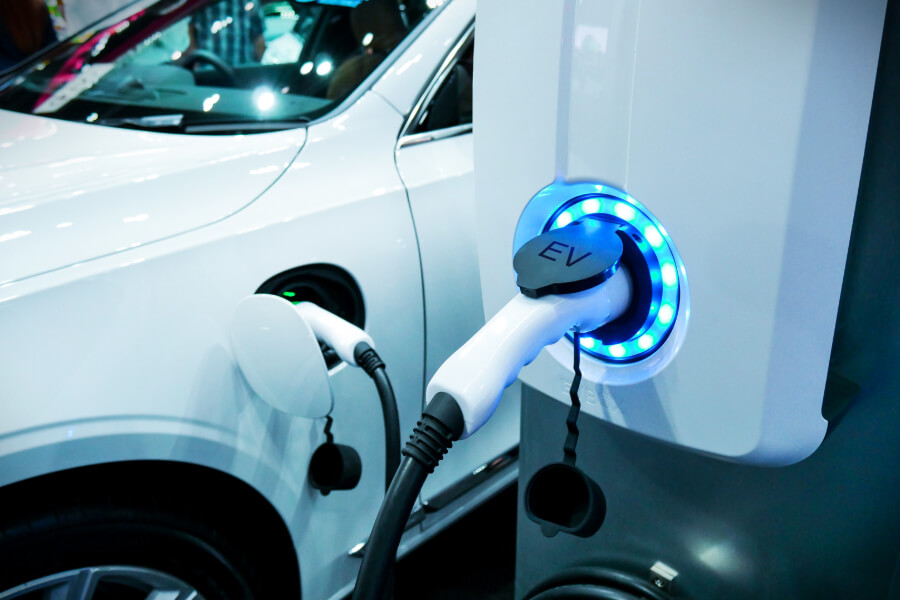
Another commonly held belief is that battery-electric vehicles cost less than gasoline cars to maintain. This is almost undoubtedly true since the typical EV is much less complicated mechanically than a conventional gasoline car. Number one, an internal combustion engine is a more complicated machine than an electric motor. Further, it requires ancillaries like a multi-geared or continuously variable transmission to drive the car. It even needs an electric motor just to get it started.
In comparison, EVs do without all that. There are no spark plugs to foul; no exhaust systems to rust out, and no emissions hardware to prevent the spewing of noxious gases and harmful particles. Instead, there is a battery pack, an electric motor (or two or three), a rudimentary transmission to get the power from the motor(s) to the wheels, and a controller to regulate it. An EV has a braking system like a gasoline car, but it is supplemented by a regenerative braking system that helps slow the vehicle while replenishing the power in the battery pack. All this means EVs are likely to have lower maintenance costs.
A Motor Trend study of the issue found that for a recent-model compact EV the five-year cumulative maintenance costs were pegged at $1,679 compared to $2,352 for the equivalent gas model. For a popular luxury compact SUV, the EV version cost $1,874 to maintain, while the conventional gasoline version had a maintenance cost of $2,432 over a five-year ownership span.
Another good piece of news for EVs in terms of service and maintenance is that their very expensive battery packs seem extremely durable. In many instances, they last for the life of the vehicle — and beyond — with virtually no maintenance at all.
Lower Electricity Rates from Utilities

Another cost factor that favors EVs is the fact that some utilities currently seek to spur the adoption of electric vehicles by offering EV owners favorable rates. One nice thing about electric vehicles is that they can be charged at home overnight in what are regarded as "off-peak hours" for electricity rates. Gasoline isn't less expensive if you buy it after midnight instead of during rush hour, but electricity is. So most EV owners who also own their own homes can recharge their vehicles when electricity is less expensive.
In addition, some utilities offer discounts on electricity used to charge EVs. Again, it is typically easy to recharge EVs at times of general low electricity usage. This helps the utility by balancing load, and the utilities might encourage EV owners to recharge at those times with low rates. To the extent that you can generate electricity at home via the use of solar panels, for example, you can also supply some of an EVs power needs “for free.” Of course, you have to pay for the solar panels and their installation, so there is a “payback period.”
Gasoline Prices Will Rise

Another factor that could mean that EVs will cost less in the long run is the likelihood that gasoline prices are more apt to trend up over time than down. Certainly, oil prices and gasoline prices will remain volatile — probably more volatile than electricity prices. But geopolitics and environmental forces could very likely foretell that gasoline prices will continue to escalate to per-gallon costs never seen before. If that happens, EVs could gain a significant cost advantage over gasoline-powered vehicles.
Better Retained Value/Residual Value
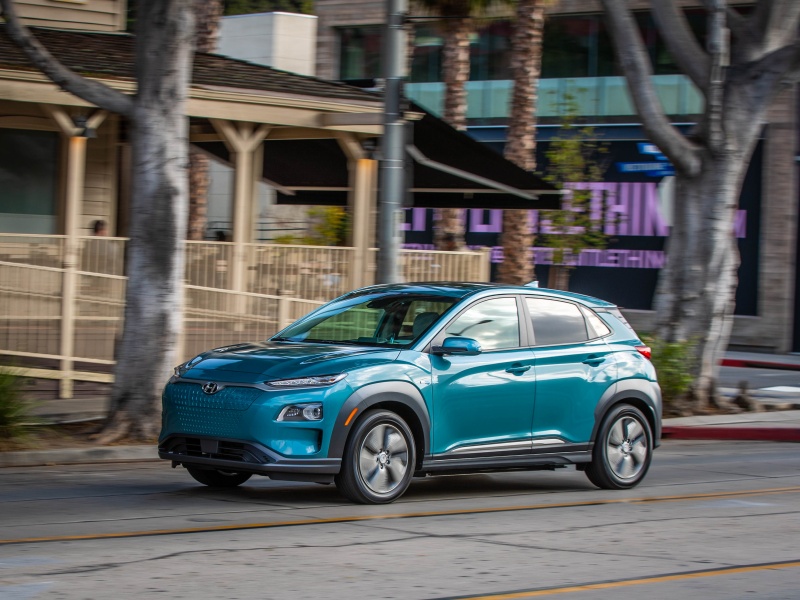
With all these positives, one might wonder why we have not seen faster adoption of electric vehicles up to now. Two factors have provided formidable obstacles to EV adoption, but both are likely to change over time. The first is purchase price. EVs have typically been significantly more expensive to buy than equivalent gasoline-powered vehicles. But that is changing, and improved EV and battery technology could change the costs issue even further.
Another related factor is retained value. Historically, EVs have had poor residual values compared to gasoline cars. One big reason for that is that EVs have been the beneficiary of tax credits that effectively knock down the value of used EVs. Why buy a used electric vehicle if you can get a $7,500 federal tax credit on a new one? Another reason is many potential buyers have been skeptical about the value of a used EV and its expensive and now-used battery pack. Now with a longer history behind EVs, that skepticism is waning somewhat, and the recent trend in EV residuals is up. Among other things, that makes them less expensive to lease.
If you look at all these factors, the trends are all pointing to lower cost-to-own figures for electric vehicles over time. While it might take a bit of a leap of faith to buy an EV right now with the idea of it saving money as well as saving the planet, over time that idea is not at all farfetched. So there is little doubt an EV could cost less in the long run.

